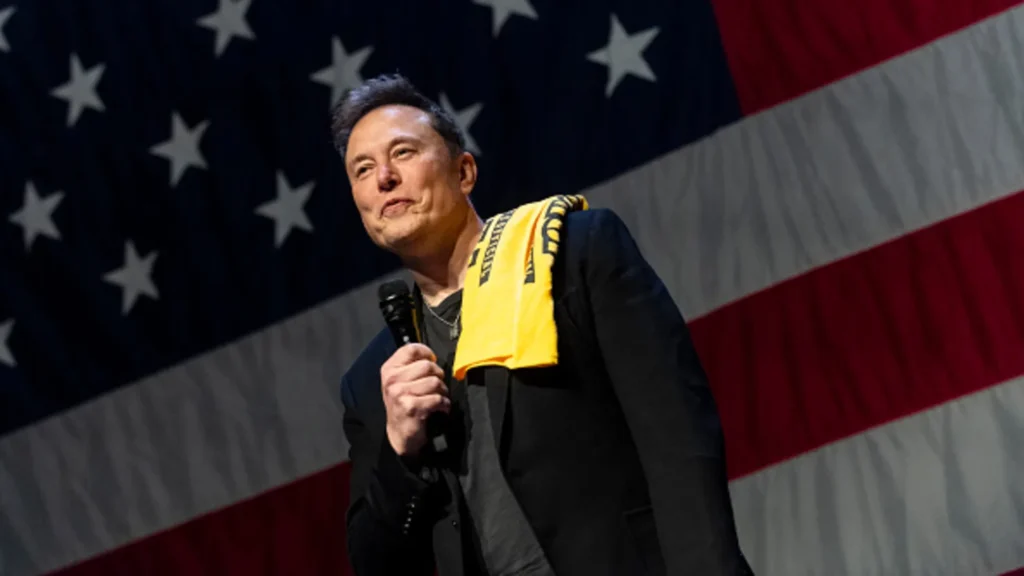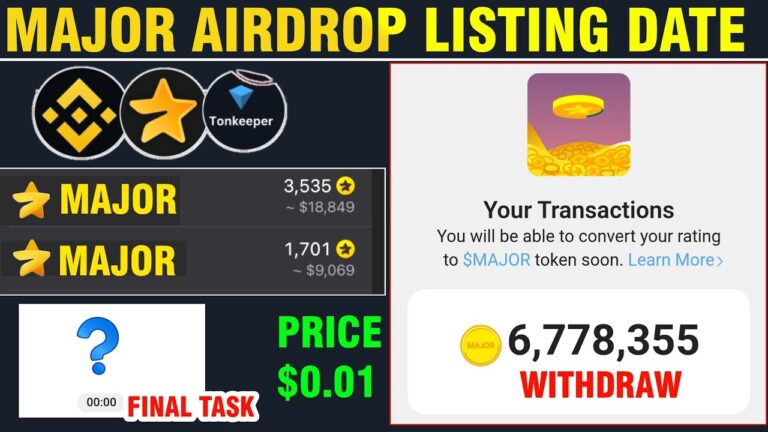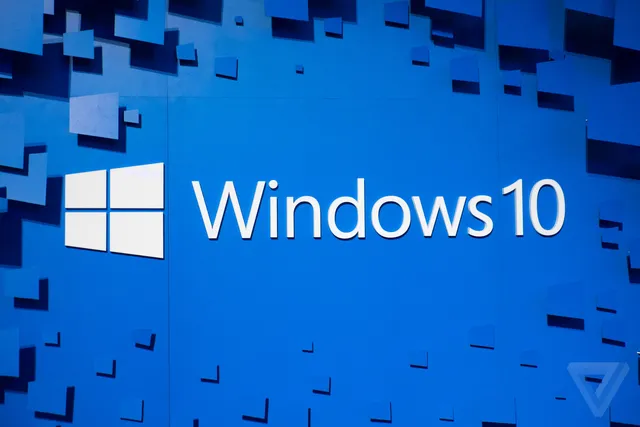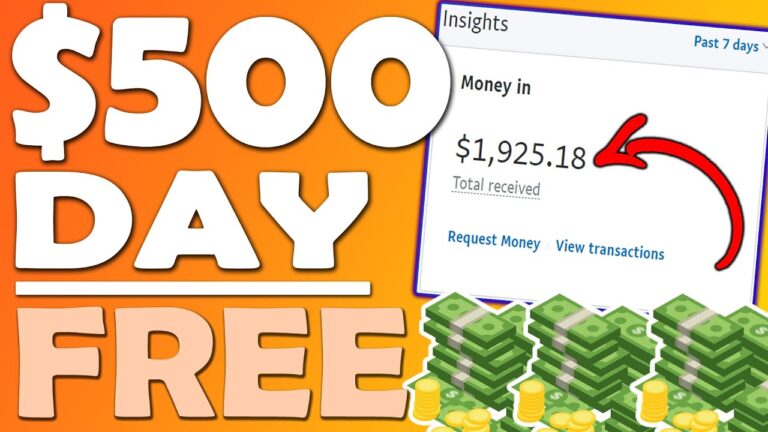
In a bold move that has stirred up considerable debate, Elon Musk is seeking to transfer a lawsuit regarding his ambitious proposal for a $1 million lottery aimed at increasing voter participation to federal court. The case, initially filed in California, has drawn attention due to its potential implications for electoral engagement and the legality of such incentive programs.
The Proposal
Musk’s initiative, which he unveiled in September 2024, aims to incentivize eligible voters to cast their ballots in upcoming elections by offering a substantial cash prize. The concept is straightforward: individuals who register to vote and participate in the election would be entered into a lottery, with the chance to win a whopping $1 million. Musk’s proposal targets young voters, a demographic that has historically shown lower turnout rates in elections.
The underlying idea is to encourage civic engagement and ensure that more voices are heard in the democratic process. Musk, known for his innovative and sometimes controversial ideas, believes that financial incentives can motivate more citizens to participate in elections and make their opinions count.
The Lawsuit
However, Musk’s lottery has faced significant pushback. A group of California voters has filed a lawsuit, claiming that the initiative violates state election laws. The plaintiffs argue that offering monetary incentives for voting could lead to coercion, manipulation, or even fraud, undermining the integrity of the electoral process. They assert that such a lottery could encourage individuals to vote solely for the financial reward rather than as a civic duty.
In response, Musk’s legal team has argued that the lawsuit is an overreach and that the potential benefits of increased voter turnout far outweigh the concerns raised by the plaintiffs. They contend that the lottery could promote a more engaged electorate, particularly among younger individuals who might feel disillusioned or apathetic about voting.
Moving to Federal Court
Musk’s lawyers have filed a motion to transfer the case to federal court, citing the broader implications of the lawsuit on constitutional rights and the fundamental principles of democracy. They argue that the case should not only be evaluated based on state laws but also in the context of federal regulations regarding elections and voter rights.
Musk’s attorney stated, “This initiative is about increasing voter participation and ensuring that every voice is heard in our democracy. We believe that a federal court is the appropriate venue to address these important issues.” The move to federal court could potentially reshape the legal landscape surrounding voter engagement initiatives, making it a landmark case in electoral law .Learn more
The Bigger Picture
This lawsuit and Musk’s subsequent actions have sparked a nationwide conversation about the role of incentives in the electoral process. Supporters of the lottery argue that innovative approaches are necessary to combat voter apathy and disengagement, particularly among younger generations who may feel their votes do not matter. On the other hand, critics warn that financial incentives could compromise the integrity of elections, leading to unintended consequences that could diminish the democratic process.
As the case unfolds, it raises critical questions about how to effectively engage voters and ensure fair electoral practices. Will financial incentives lead to a more robust democracy, or will they create ethical dilemmas that could undermine the very system they aim to enhance?
Public Response
Public opinion on Musk’s lottery has been divided. Some view it as a creative solution to a pressing issue, while others consider it a risky experiment that could threaten the sanctity of voting. Social media platforms have been abuzz with discussions and debates, showcasing a wide range of perspectives.
Supporters of the initiative have taken to platforms like Twitter to voice their excitement, stating that anything that encourages people to vote is a step in the right direction. Conversely, opponents have expressed their concerns, emphasizing the potential for manipulation and the ethical implications of monetizing the voting process.
The Legal Journey Ahead
As the case progresses, all eyes will be on the courtroom, where legal experts and political analysts will closely monitor the arguments presented by both sides. The outcome could set significant precedents for similar voter engagement initiatives across the nation.
If Musk’s proposal is upheld, it could pave the way for other states to explore similar programs, potentially transforming the landscape of voter participation in America. Conversely, a ruling against the lottery could reinforce existing laws that govern electoral practices and discourage future attempts to incentivize voting.
Conclusion
Elon Musk’s $1 million voter lottery is more than just an innovative idea; it’s a catalyst for a broader conversation about civic engagement, electoral integrity, and the future of democracy. As the lawsuit unfolds, it will challenge us to consider how we can encourage participation in the electoral process while safeguarding the principles that underpin our democratic system.
The outcome of this case could resonate far beyond California, shaping the way we think about voting and the lengths we might go to ensure that every eligible voter makes their voice heard. Whether you support Musk’s approach or not, one thing is clear: this debate is far from over.
For more details, visit the full article on CNBC.







